Publications
Articles, publications, books, tools and multimedia features from the U.S. Institute of Peace provide the latest news, analysis, research findings, practitioner guides and reports, all related to the conflict zones and issues that are at the center of the Institute’s work to prevent and reduce violent conflict.
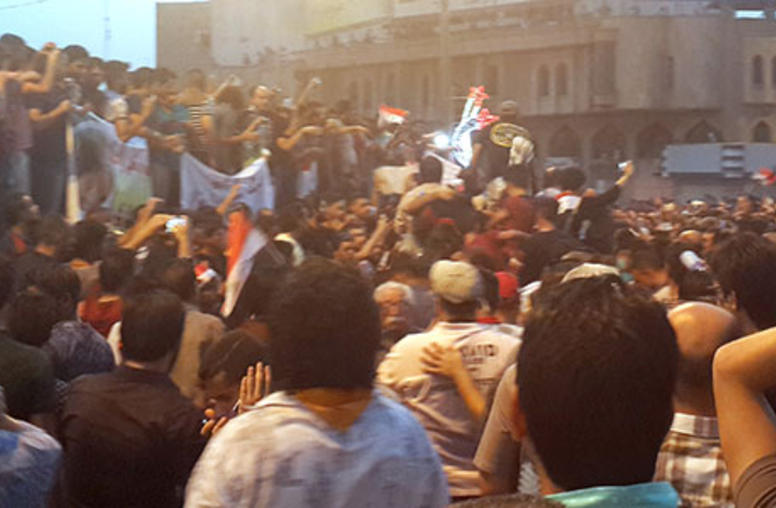
Q&A: Iraqi Protesters Demand Action on Corruption and Reforms
A growing tide of street protests has swept 11 of Iraq’s 18 provinces since mid-July and are scheduled to resume Oct. 2 after a pause for the Eid al-Adha holiday. Citizens’ anger over abysmal public services and rampant corruption had boiled over in July as temperatures soared above 130 degrees amid notoriously short electricity supplies. The persistence of the largely peaceful demonstrations emboldened Prime Minister Haider al-Abadi to introduce far-reaching measures to combat corruption and...
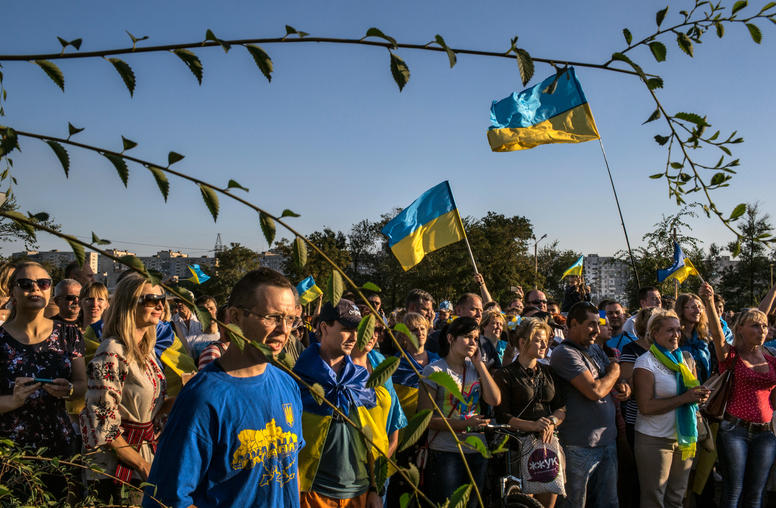
Does Ukraine Still Believe in Reform?
As the country votes in local elections, Ukrainians will weigh in on whether they still believe in the promise of a less corrupt tomorrow.
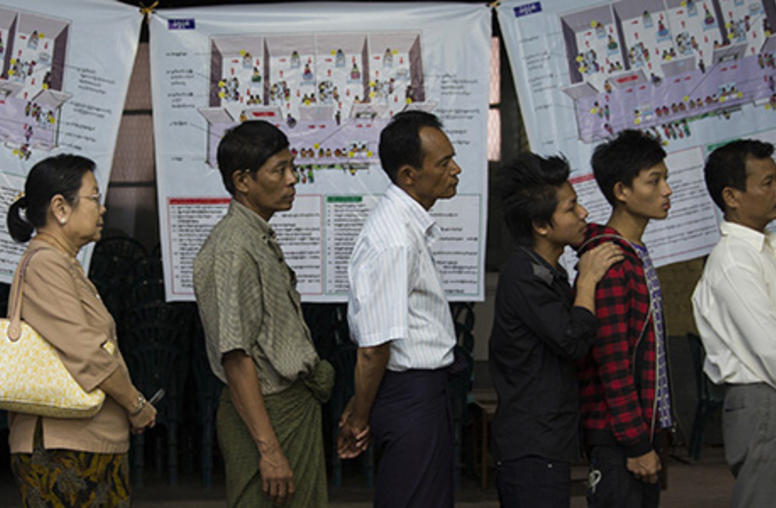
Q&A: Myanmar Voters Cast Ballots for Democracy
Myanmar’s transition to representative democracy took a critical step on Nov. 8 as the nation held the first general election since almost 50 years of military rule ended in 2011. While ballots are still being counted, the National League for Democracy, led by Nobel Peace Prize laureate Aung San Suu Kyi, appears headed to winning control of parliament. Priscilla Clapp, a former American diplomat in Myanmar and U.S. Institute of Peace specialist on the country, discusses the implications of th...
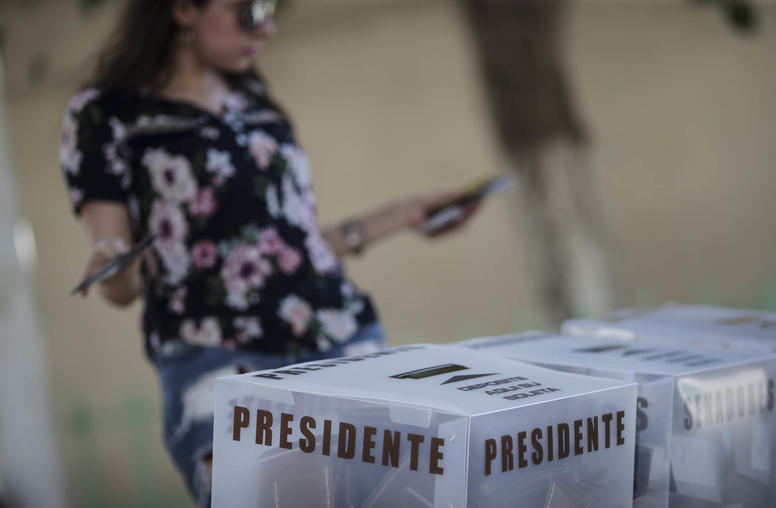
Un avance sobre las elecciones de 2024 en América Latina
En los últimos años, el sentimiento anti-oficialista se ha apoderado de la mayoría de América Latina, moviendo el péndulo electoral hacia la izquierda en México, Colombia, Honduras y Brasil, trastocando las coaliciones corruptas que durante mucho tiempo han gobernado en Guatemala y entregando la presidencia de Argentina a un autoproclamado "anarcocapitalista". Sin embargo, el 2024 podría resultar ser un buen año para los candidatos del oficialismo. En los cinco países con elecciones este año —El Salvador, Panamá, República Dominicana, Uruguay y México—, los aspirantes de los partidos gobernantes, al menos hasta ahora, encabezan las encuestas.
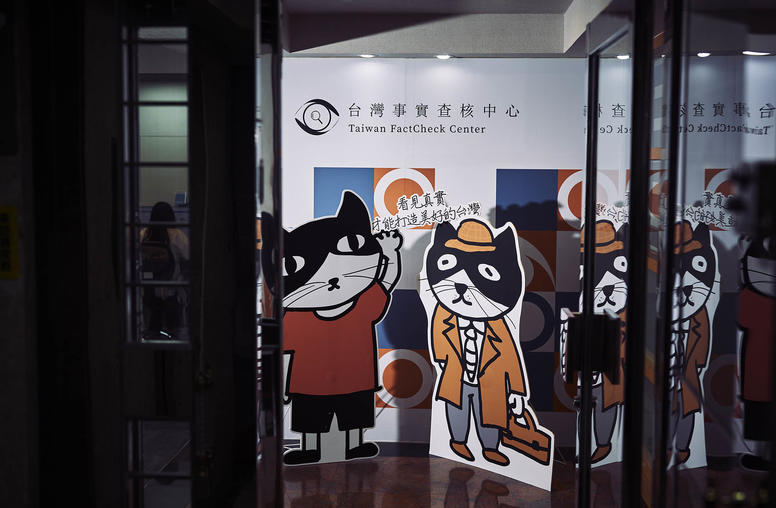
Taiwan’s Democracy Prevailed Despite China’s Election Interference
The election of Lai Ching-te, or William Lai, as Taiwan’s next president despite firm opposition from China is a positive sign that democracy is alive and well on the island nation. Nevertheless, the fact that Lai, whom China has deemed a “troublemaker” and “separatist,” won by a narrow margin, and his Democratic Progressive Party (DPP) lost its majority in the Legislative Yuan, will be seen in Beijing as an acceptable outcome, as it restricts Lai’s ability to advance his agenda and reveals the limits of the DPP’s appeal.
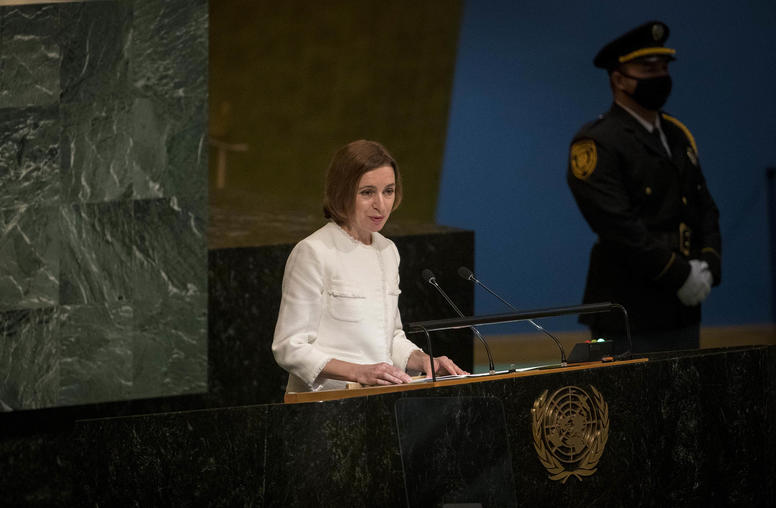
Russia’s War on Moldova Will Be Political in 2024. And Then?
As Ukraine defends its independence and democracy against Russia’s invasion, tiny Moldova confronts a parallel Russian “hybrid war” — and the past 12 weeks have sharpened this battle for Moldova in 2024. Moldova advanced its accession to the European Union and joined EU sanctions against Russians driving the war on Ukraine. Moldova’s government scheduled a referendum to ratify the country’s future as a European democracy after more than 150 years as a militarized frontier of Russian empires. Russia’s malign uses of information, election interference and capacity to trigger a real war — a second front against Europe — heighten the urgency to strengthen Moldova’s resilience and energize its pro-democracy constituency in 2024.
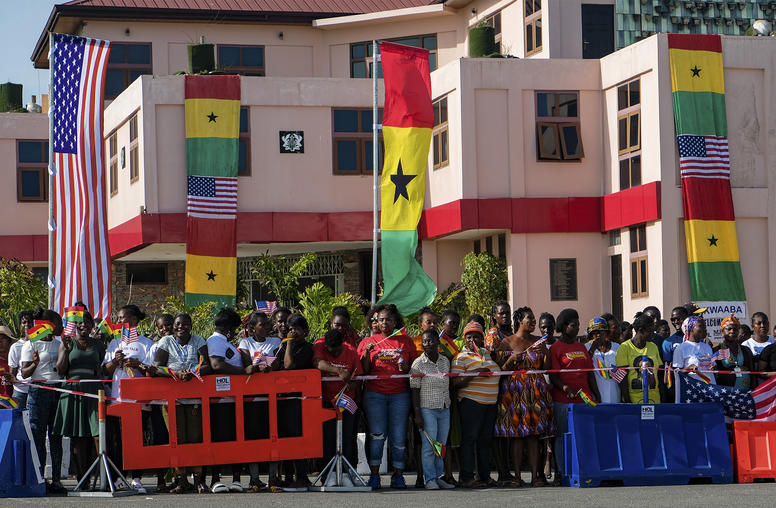
Amid a Region Rife with Coups and Instability, Ghana is a Democratic Bulwark
Ghanian President Nana Akufo-Addo is in Washington this week as the United States re-examines its strategy and engagement in West Africa and the Sahel, which have seen eight coups since 2020. Ghana stands out as a bastion of democracy in this region, where nearly 150 million people are today under the rule of armed forces.
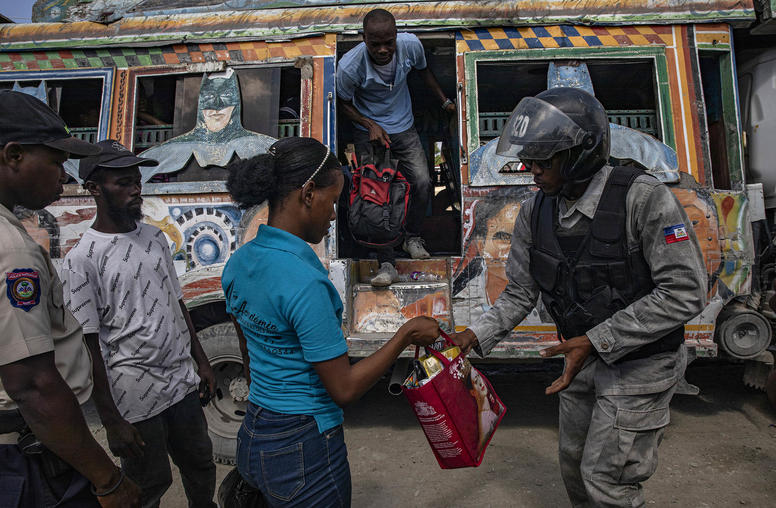
Haïti a besoin d'un dialogue politique parallèlement à la mission de sécurité multinationale
Cette semaine, le Conseil de sécurité de l'ONU a voté en faveur de l'envoi d'une force armée multinationale en Haïti dans l'espoir de faire face à la violence endémique des gangs et à l'instabilité qui sévissent dans la nation caribéenne en difficulté. Bien qu'il n'y ait pas encore de calendrier officiel pour son déploiement, la force dirigée par le Kenya sera confrontée à un environnement sécuritaire complexe, d'autant plus rendu redoutable par les troubles politiques persistants en Haïti. Le succès de la mission dépendra non seulement de la capacité de la force déployée à établir rapidement la paix, mais aussi de sa capacité à ouvrir la voie à une réinitialisation gouvernementale significative et démocratique dans ce pays historiquement tumultueux.
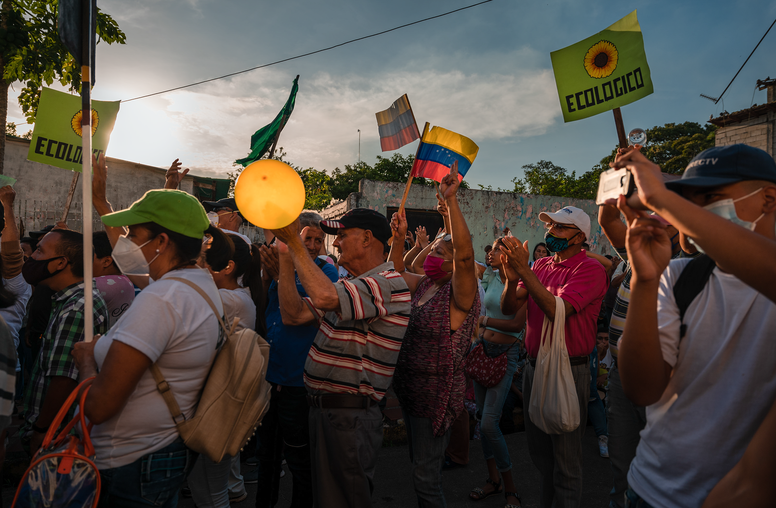
Cautious Hopes for a Breakthrough in Venezuela
Hopes that an election in Venezuela next year might resolve the country’s political divisions and revive a moribund economy have reemerged as the Biden administration and Nicolás Maduro’s regime are reportedly near an agreement to lift some U.S. sanctions in return for steps to hold a fair contest in 2024. Still, considering recent history, skepticism abounds among the international community that the authoritarian government would allow an opposition candidate to win the election and take office.
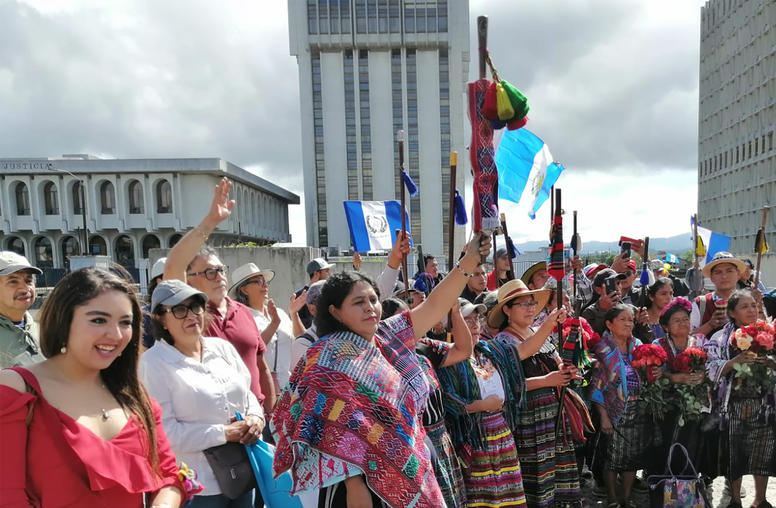
Guatemala: Indigenous Leaders Take Democracy Campaign Nationwide
When anti-corruption candidate Bernardo Arévalo won Guatemala’s presidency in August, his urban supporters took to the streets in celebration. Two months later, they are still there, not in celebration but in protest against challenges to Arévalo’s election led by the country’s attorney general. This month, the protests went national when Indigenous authorities called a strike demanding the attorney general’s resignation. The participation of Guatemala’s marginalized Indigenous peoples in nationwide protests holds both peril and promise. Instability in the impoverished rural hinterland could send additional waves of migrants toward the U.S. border. But the Indigenous population’s defense of elections could also prove a watershed moment for Guatemalan democracy.